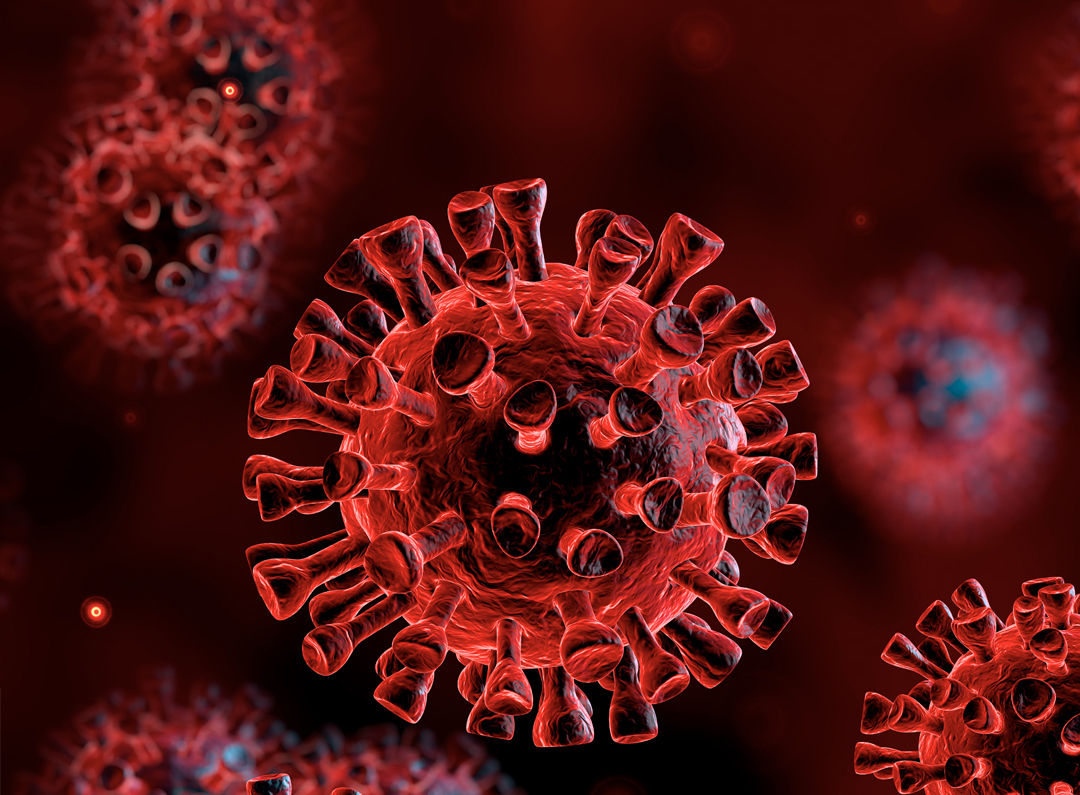Men infected with COVID-19 might experience a short-term reduction in sperm count, according to a study published in the American Journal of Epidemiology.
The study shows that some men infected with COVID-19 might find it hard to impregnate a woman after recovering from the disease due to a reduction in fertility. The study which aimed at examining the associations between COVID-19 vaccination and virus infection derived infertility attracted a total of 2,126 female participants aged 21-45 years from December 2020 to November 2021.
The women who were of childbearing age were asked through questionnaires if; either they or their partners had been infected with COVID-19 before and when they had conceived.
Findings from the study show that where the male tested positive for COVID-19 at least 60-days within a menstrual cycle, they were 18 per cent less likely to conceive compared to others where a male partner was not infected. As such, some couples would need more than one menstrual cycle to be able to conceive. The most common cycles are 21 to 35 days long.
Amelia Wesselink, one of the researchers on the study says the results show that SARS-CoV-2 infections can affect the reproductive system of men. These infections indicate that male SARS-CoV-2 infection may be associated with a short-term decline in fertility and that COVID-19 vaccination does not impair fertility in either partner,” she said.
The findings however intimated that men who were infected for more than 60-days were fine and such couples would not experience any differences in conception rates. The male reproductive system has been hypothesised as a potential target for the Covid virus as testicular cells express receptors associated with infection. In addition, other RNA viruses like Zika and Ebola are known to cause local inflammation in the testes.
They say infections can also lead to abnormal morphology, decreased concentration, lower motility and increased DN fragmentation.COVID-19 infections have been associated with other effects such as amnesia, kidney failure, respiratory issues and continued body weakness.

















